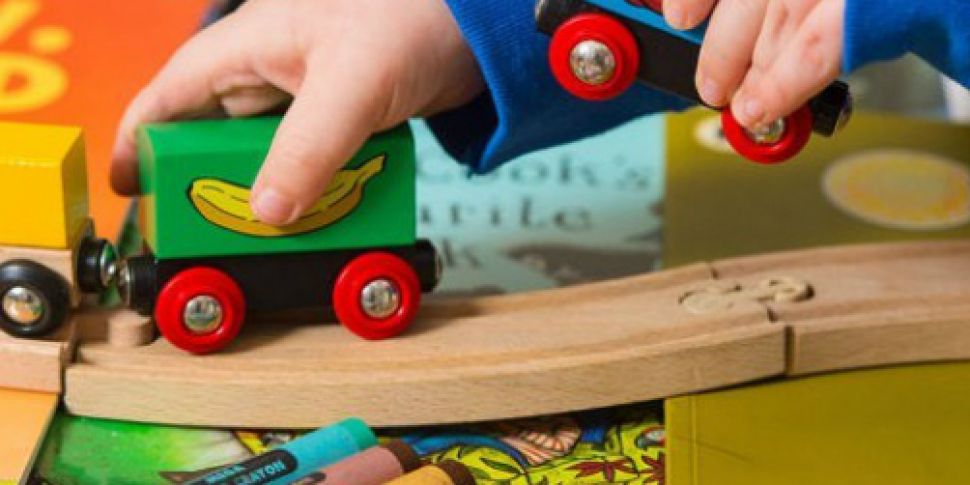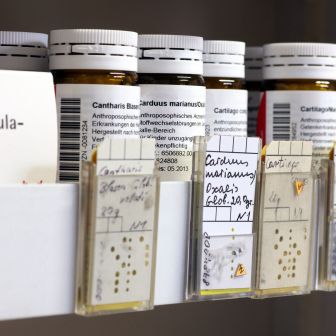New research has claimed that an assessment of ‘brain health’ in children as young as three-years-old may help to predict dependence on state welfare and health-care in later life.
A detailed analysis of the lives of nearly 1,000 people in New Zealand - from birth to age 38 - has found that a small portion of the population accounts for the lion’s share of social costs such as crime, welfare dependence and health-care.
The study, by researchers at King’s College London, Duke University and the University of Otago in New Zealand, found that just 20% of the study population accounted for 81% of criminal convictions and 77% of fatherless childrearing.
This fifth of the study population also consumed three-quarters of drug prescriptions, two-thirds of welfare benefits and more than half of the hospital nights and cigarettes smoked.
The researchers found they could have predicted who was likely to incur such costs as early as age 3 based on assessments of 'brain health' - giving them hope that early interventions could avoid some of these social costs.
The researchers have stressed that any potential to predict a person’s life course should be an invitation to intervene - not discriminate.
Professor Terrie Moffitt from King’s College in London said people are often too quick to stigmatise as soon as a population segment is singled out.
“Being able to predict which children will struggle is an opportunity to intervene in their lives very early to attempt to change their trajectories - for everyone’s benefit,” she said.
“This study really gives a pretty clear picture of what happens if you don’t intervene.”
Each child in the study participated in a 45-minute examination at age three with studied neurological signs including intelligence, language and motor skills.
The examiners also rated each child on factors including tolerance, restlessness and impulsivity.
The results were then combined to yield a summary the researchers have termed ‘brain health’ with low scores found to predict high healthcare and social costs as an adult.
Professor Avshalom Caspi - also from King’s College - said the study has underlined the connection between a child’s start in life and where they end up.
“We can predict this quite well beginning at age 3 by assessing a child’s history of disadvantage, and particularly their brain health,” said Professor Caspi.
“The purpose of this was not to use the data to complicate children’s lives any further,” he said. “It is to say these children - all children - need a lot of resources - and helping them could yield a remarkable return on investment when they grow up.”
Professor Moffitt said the research was made possible as a result of the accuracy of New Zealand’s national databases.
“We know every location they’ve lived, every name they’ve used. We’re able to match them with pretty much 100% accuracy back for many years,” she said.
“The digitisation of people’s lives allows us to quantify precisely how much a person costs society and which people are using multiple different costly health and social services.
She said the data suggests that society could benefit from a more joined-up approach from state services including the courts, welfare benefits, disability services, children’s services, and the health-care system.









